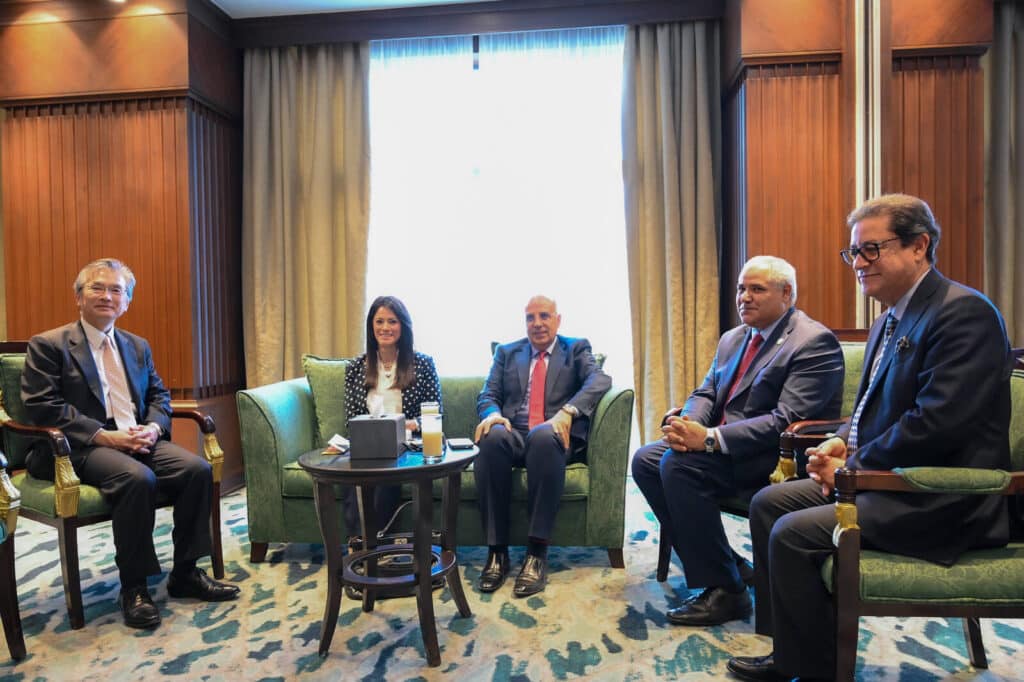Collaboration is at the heart of ICARDA’s mission to develop resilient and sustainable food systems for dryland farmers.
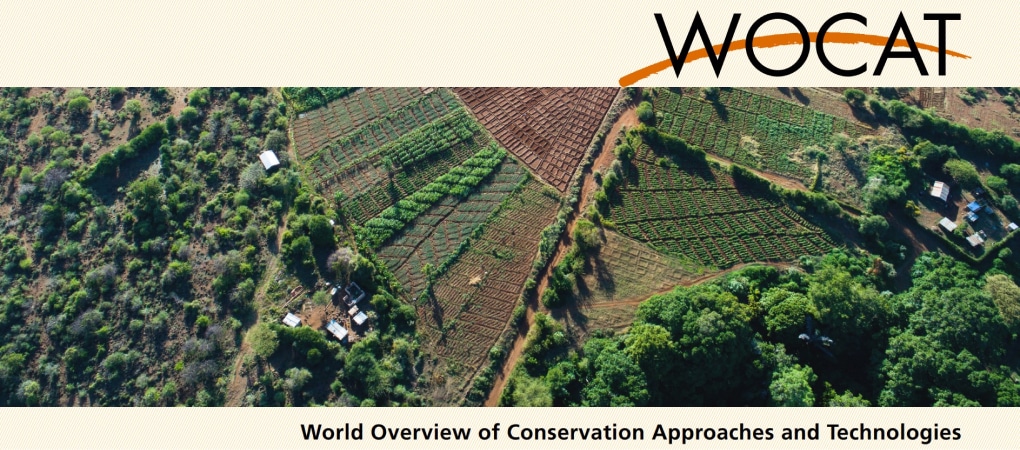
Partnering with international organizations and experts leverages diverse insights and resources to provide critical support and resources to communities to foster food security and agricultural sustainability in the face of accelerating climate change.
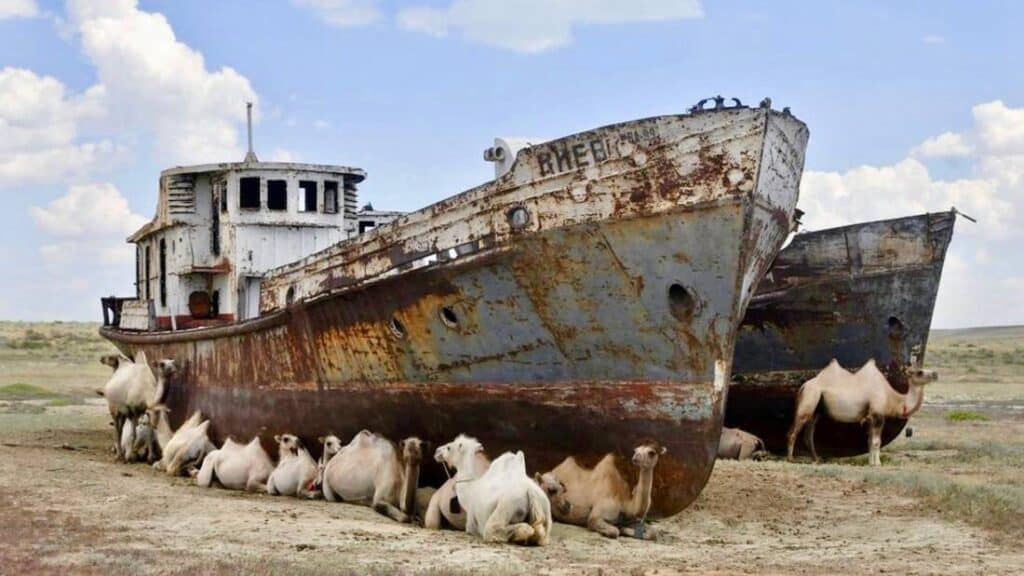
As part of CGIAR NEXUS GAINS, ICARDA facilitates access to data that informs sustainable land management decisions. As part of CGIAR NEXUS GAINS, we are support producers to access data to inform sustainable land management decisions.
This includes information curated by ICARDA’s Monitoring, Evaluation, and Learning Team (MEL) to the World Overview of Conservation Approaches and Technologies (WOCAT) database which contains over 1,500 options to suit different contexts. In the Aral Sea Basin, producers, ministries, and conservationists have leveraged this wealth of information to adopt more than 20 best practices for implementing water allocation and usage strategies adapted to increased salinity, desertification, and sandstorms affecting the region.
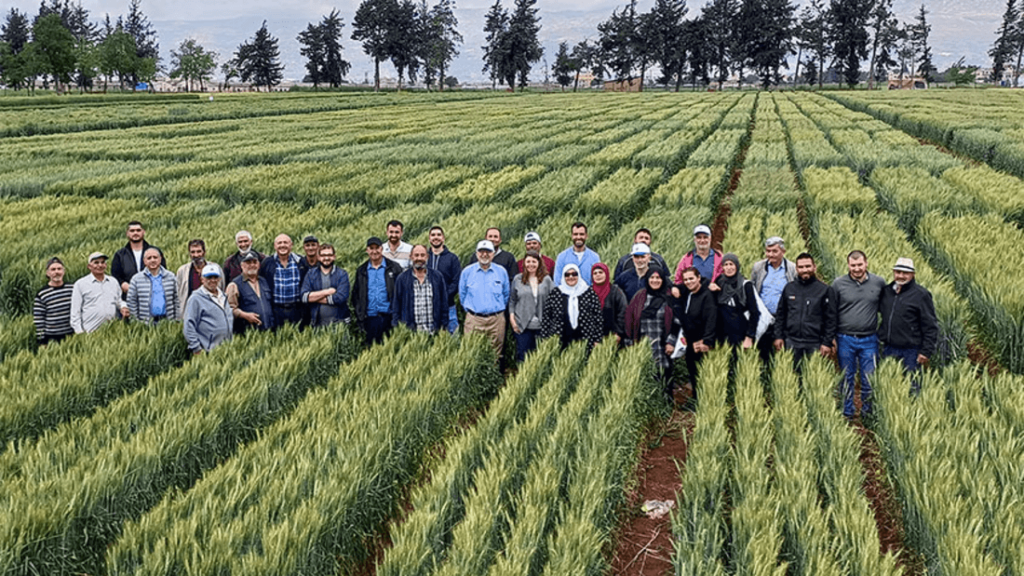
In 2023, ICARDA was selected to host the Plant Health Innovation Platform for Central and West Asia, and North Africa (CWANA) at our research station in Lebanon.
The platform, created through partnerships with CGIAR, International Agricultural Research Centres, National Agricultural Research and Extension Services (NARES), the private sector, and affected farmers, focuses on innovative solutions for plant health challenges in the region.
We also hosted the CGIAR Independent Science for Development Council (ISDC) and System Council (SC) annual meetings in Rabat. These meetings are crucial for shaping CGIAR’s future strategies and ensuring that the communities we serve are empowered with the skills and tools necessary for building resilient livelihoods.
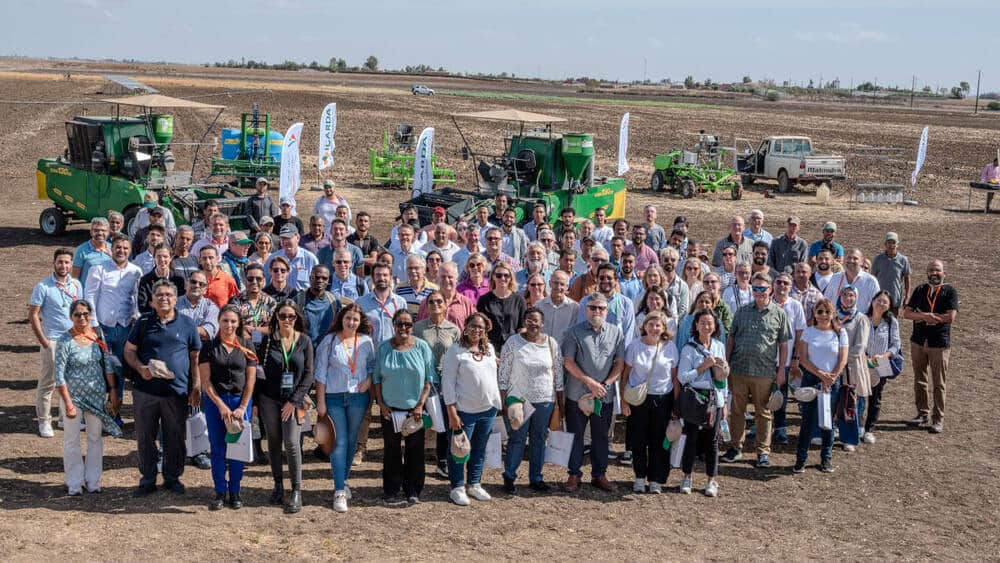
Research projects in
29 countries
Partnership agreements
signed or renewed
People benefited from
training crouses
A major 12-year regional project to enhance food security across North Africa and the Middle East concluded in 2023. The project, focusing on strengthening grain production through climate-smart crop varieties and more efficient water use, led to a 66% increase in wheat productivity and sufficient gains in barley and food legume production. ICARDA also trained 128,000 people to build the region’s next generation of sustainable land management experts, leaving a legacy of agricultural innovation and the potential to significantly influence national policies through regional collaboration and expertise.
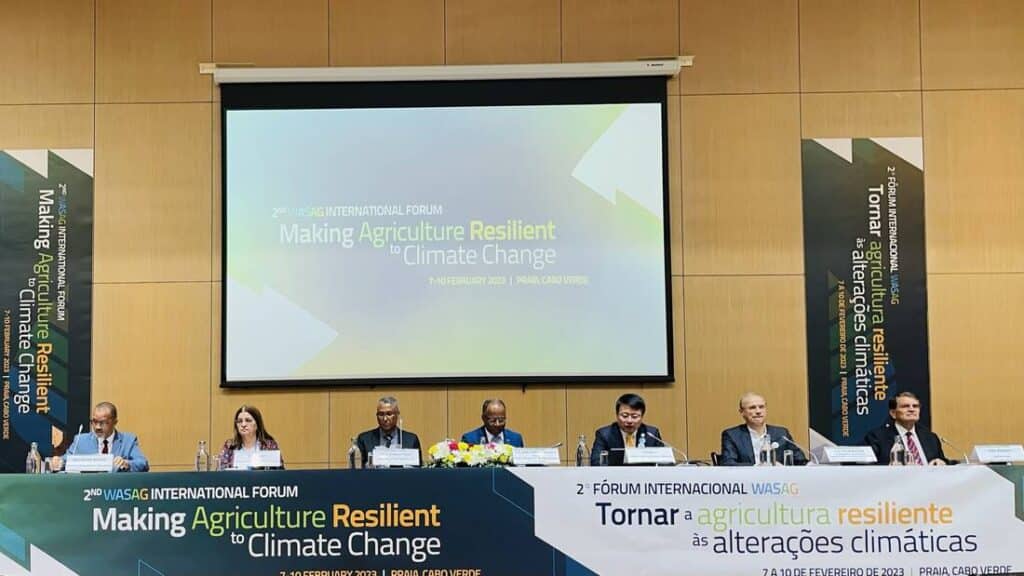
At the 2nd Global Framework on Water Scarcity and Agriculture (WASAG) Forum in West Africa, ICARDA co-hosted a session on dryland agriculture with the UN Food and Agriculture Organization (FAO). We showcased the latest water management techniques and capacity-building efforts crucial for enhancing agricultural resilience to climatic changes.
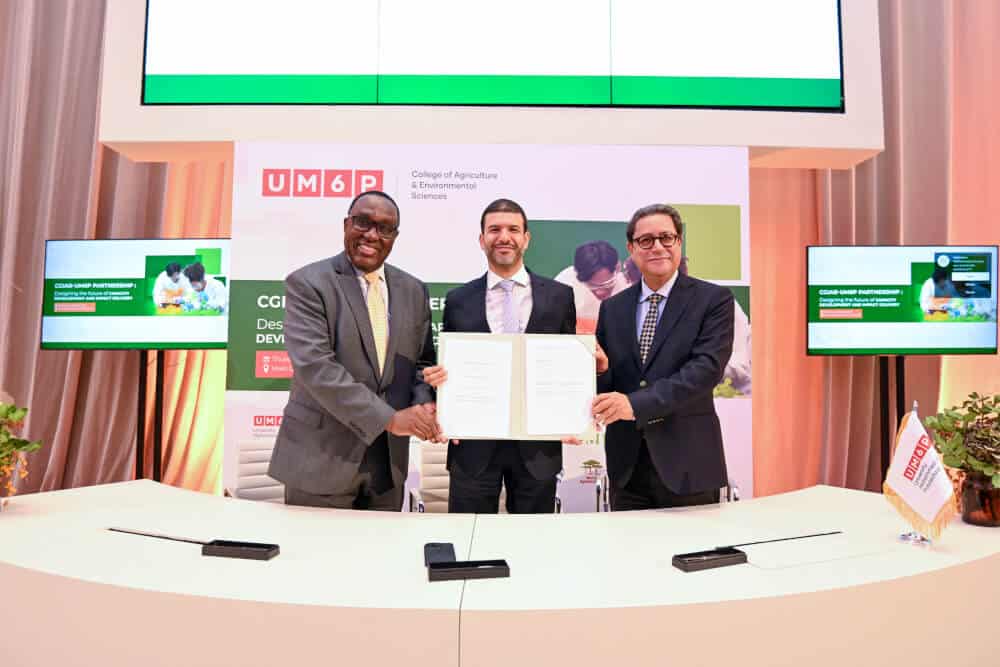
ICARDA collaborates in several groundbreaking initiatives to advance agricultural sciences. The African Scholarship Program, which was launched in 2023, supports young Africans through doctoral and post-doctoral scholarships on critical food system challenges such as food security, climate change adaptation, and natural resource management. It also helps young researchers take their first steps in the public and private sectors.
Through the CGIAR Capacity Development Hub, launched in 2023 in partnership with the Mohammed VI Polytechnic University (UM6P) in Morocco, we promote collaborative research efforts, academic opportunities, and joint funding initiatives. Greater private sector engagement will also reinforce agricultural research and development in Africa to foster long-term sustainability.
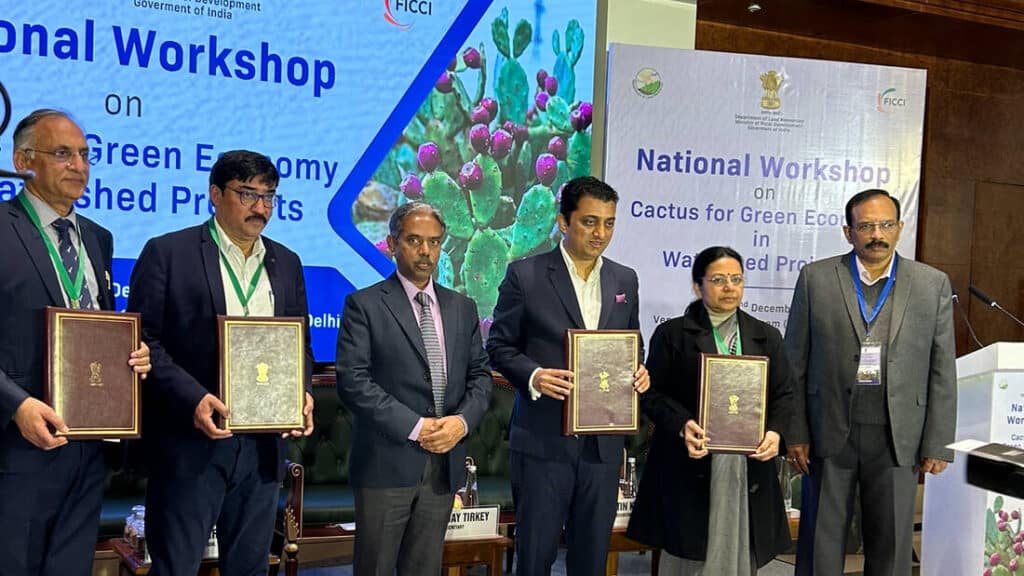
ICARDA collaborated with India at a national workshop on the potential of cactus to boost sustainable livelihoods in watershed projects. The initiative hosted by India’s Department of Land Resources and Ministry of Rural Development, alongside international and national experts, explored the economic potential of spineless cactus cultivation, building on the efforts of ICARDA’s India Food Legume Platform to promote the use of spinless cactus to generate biogas, biofertilizer, food, fodder, and vegan leather.
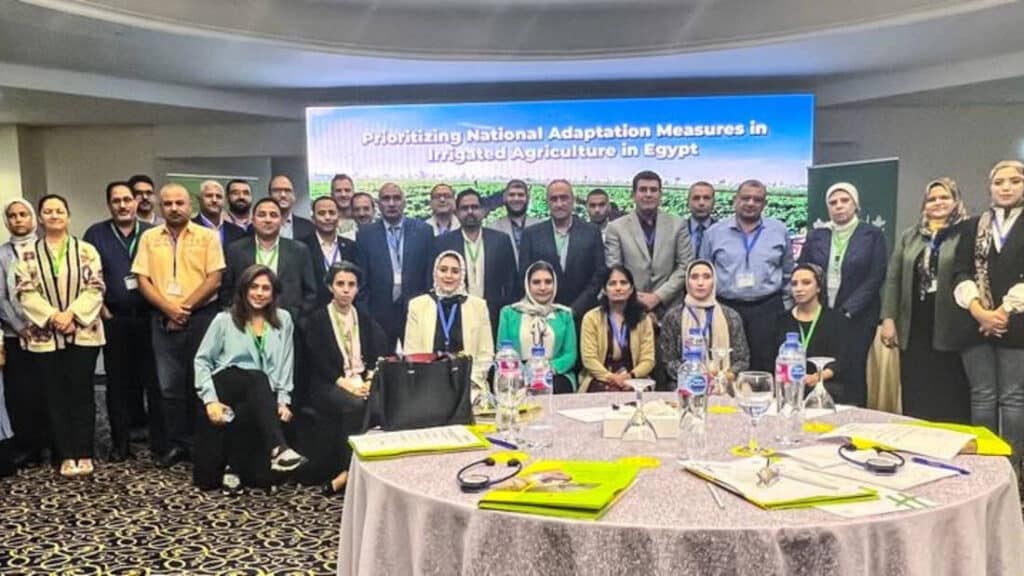
In Cairo, we convened government bodies, universities, regional organizations, and agribusinesses to tackle the pressing challenges smallholder farmers face due to climate change and market volatility. The event, part of the CGIAR Excellence in Agronomy Initiative, focused on adaptation strategies for Egypt’s irrigated wheat-based production systems.
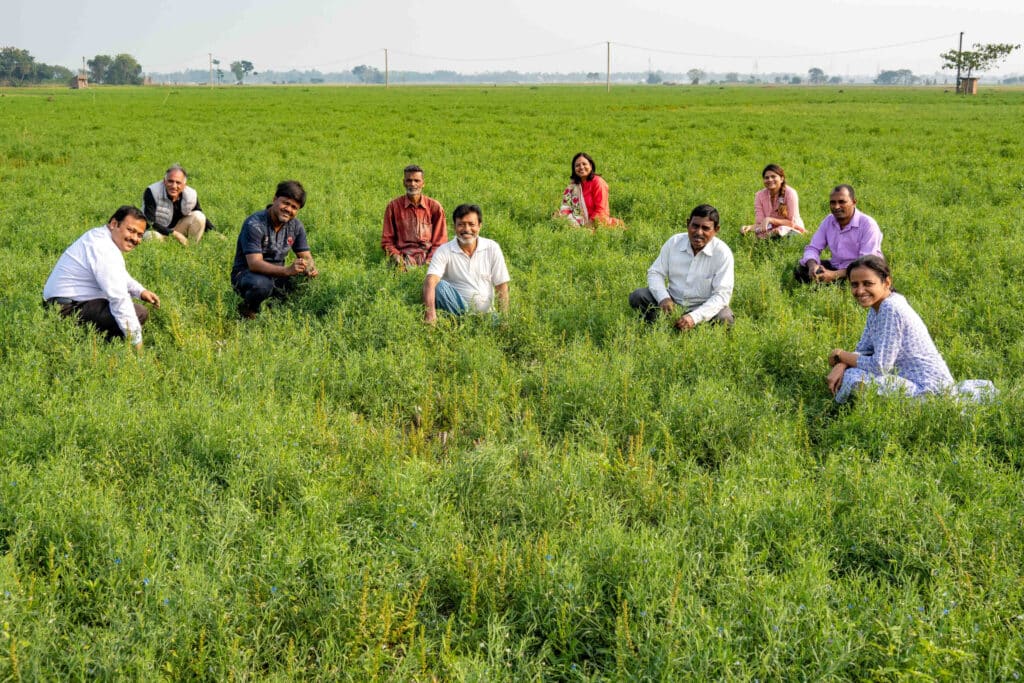
Long-term funding and partnerships are vital for innovative and groundbreaking agri-initiatives. In 2023, we celebrated ten years of collaboration with the Kingdom of Morocco on the Rainfed Research Platform, a globally renowned research hub for the conservation and sustainable use of dryland agrobiodiversity, generously supported by the Institut National de la Recherche Agronomique du Maroc (INRA). Additionally, Japan committed USD 3.8 million to improve Egypt’s agricultural productivity, building on decades of collaboration between ICARDA, FAO, and Tottori University.
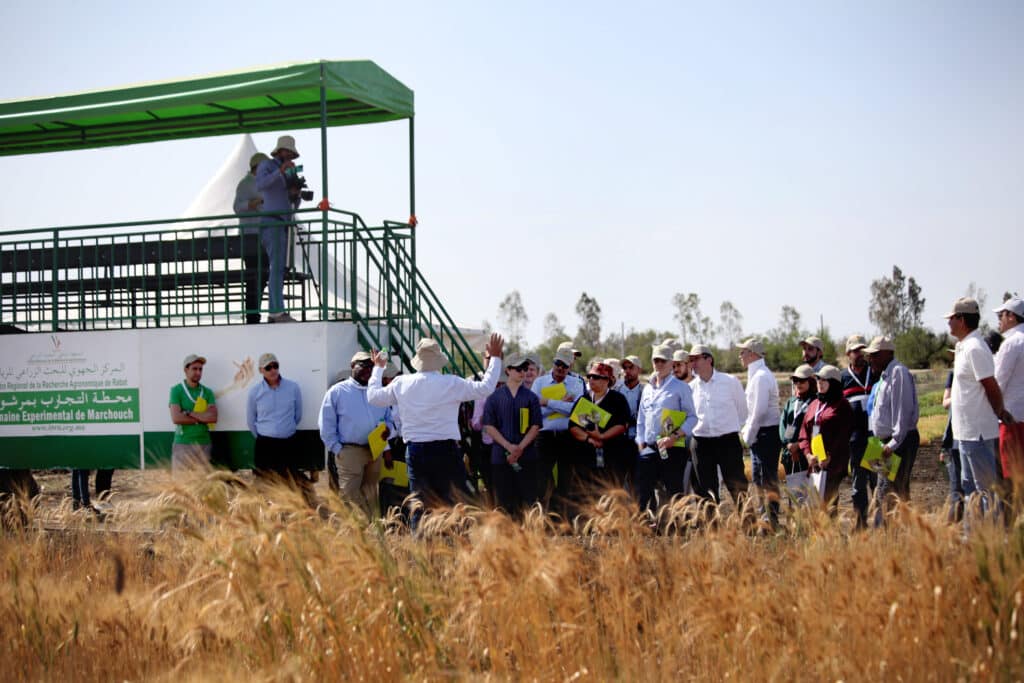
Our success in delivering science and innovation to support vulnerable dryland communities depends on the support and expertise of our resource partners. Strengthening our capacity in resource mobilization is a critical pillar of delivering the ICARDA 2030 Research and Innovation Strategy amid a global trend of diminishing research funding and in the face of the climate crisis.
